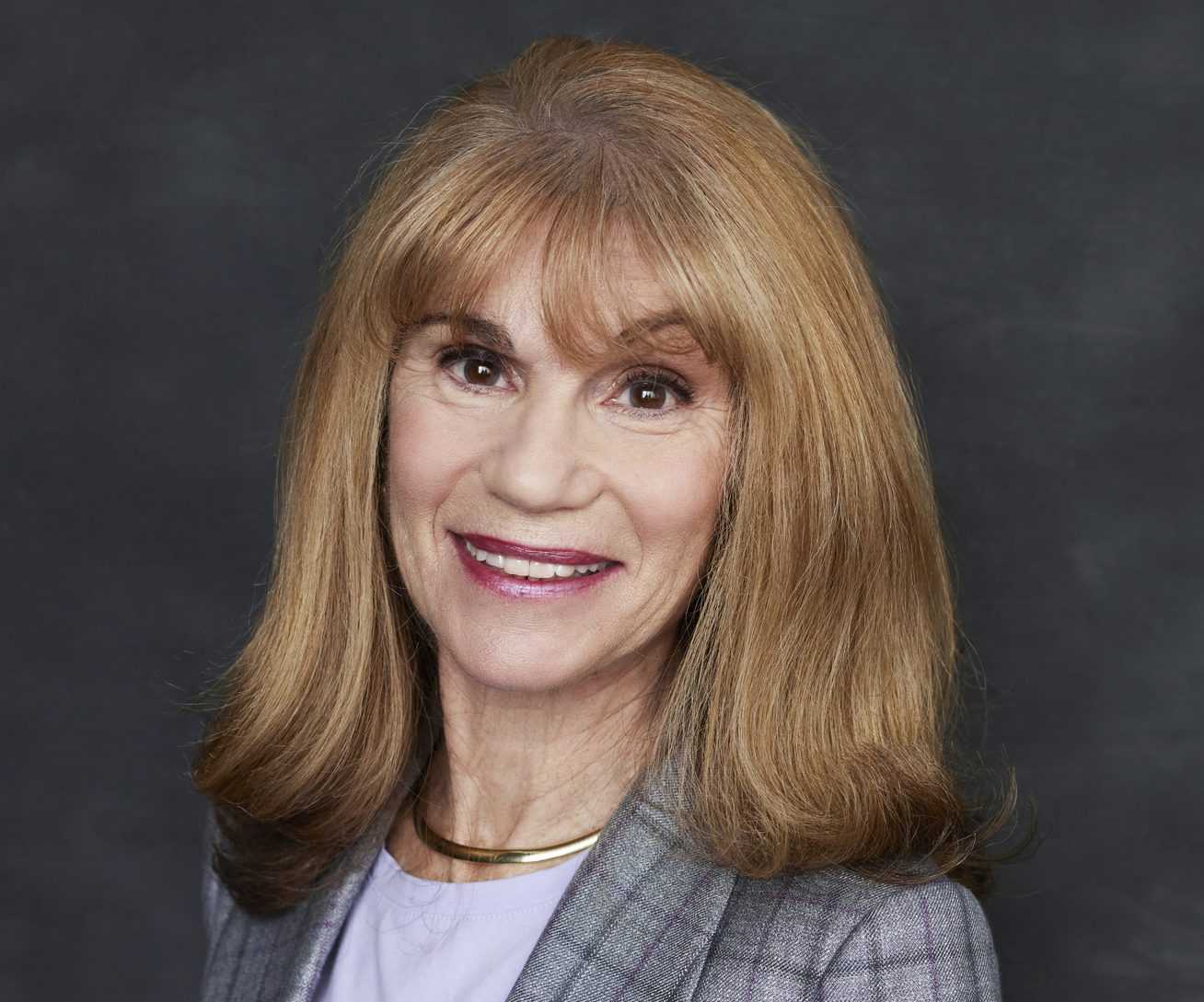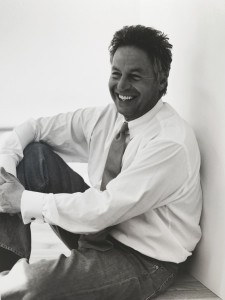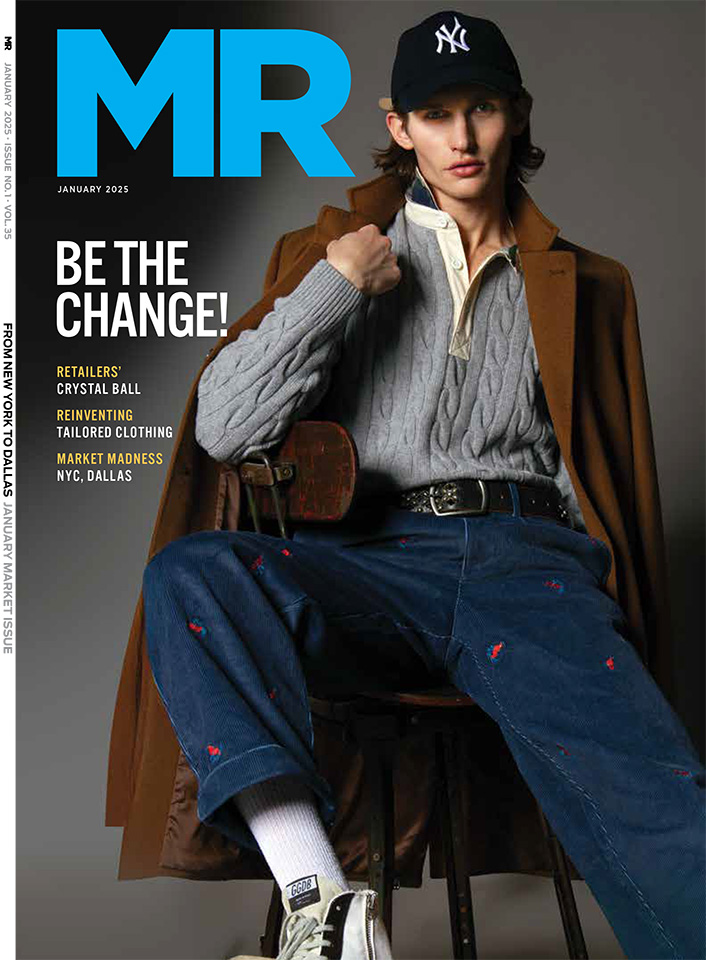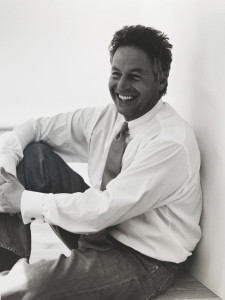MR Q: Mark Weber

Former CEO of PVH and LVMH, Mark Weber shares some insider secrets in his new book.

I’m a storyteller. When my boys were small and they’d ask questions, I’d never give them a simple answer. I’d make them look it up or else I’d respond with a story that taught a lesson. When I knew I was leaving LVMH, one of my sons suggested that my stories would make a good book, so I approached McGraw Hill because they’d already published another book I’d written. It’s been really well received, even licensed for translation and publication in China and Japan.
I was surprised how candidly you tell the story of your termination from PVH; was that hard to do?
You know, I’d never talked about it publicly and I don’t know that the board ever talked about it publicly but it happened, they treated me fairly, and it was a learning experience. Even these many years later, and as devastated as I was, I respect their actions.
Can you sum up what you learned in 33 years at PVH?
When you work for a big public company, there are systems in place, preordained ways of doing things. It’s very structured, with terms borrowed from the military, so it can be intimidating. But it works, and it’s fair. You need the right attitude and a real desire to succeed. You have to become a standard bearer, share information, help the people around you succeed and always put the company first. If you do that, they take good care of you.
Any other lessons for young people starting out?
I list 45 of them in my closing chapter. But here are two: 1) Find mentors. 2) Learn everything you can, not just about your own job, but about everyone else’s. When I started at PVH as one of many designers, we’d present our ideas and a team of execs would decide yes or no. So as good as I might have been (and I was good, not great), I soon learned that I was not in control of my fate. They had information I didn’t have (selling histories, retail inventories, etc.), so I made it my business to learn what they knew.
Based on your time at LVMH, what are some differences between U.S. and French corporations?
The intelligence level of LVMH executives is off the charts. Every manager is closer to brilliant than smart. The French are far more concerned about education, about economic and social status. They want people who went to the best schools, who speak several languages, who truly understand luxury. French companies are also more patient: they’re less worried about the next quarterly report and more about the long-term future, about the next generation. Unlike American companies, they sometimes seem more concerned about image than profit. You wouldn’t believe the money spent on ads, on windows, on art, on protecting and nurturing their brands.
What in your career are you most proud of?
That I was able to make a comeback—as CEO of LVMH—after my very difficult (and very public) exit from PVH. And then write a book about it.
What would you do differently if you could go back?
I wish I’d taken up golf earlier in my life (I’m about a 12 handicap, but can’t beat my sons). And I wish I’d gone to an out-of-state college: I was so unworldly as a young man, but in a way, my modest background proved an asset in that I never took anything for granted. When I could finally afford a nice car, I washed it myself (not trusting a car wash) and never parked near another car. I’ve always taken great pride in what I own.
I remember from one of our early interviews that you had a wardrobe of white shirts, navy suits and black shoes. Has that changed?
I’m still a conservative dresser: when you have a big personality, you don’t want your clothes to take center stage. But one difference these days, after working at LVMH: my shoes are now Berlutti and my shirts Thomas Pink, both amazing brands.
So you’re a luxury shopper?
Not necessarily. I have to admit that after I left PVH, I no longer felt like wearing my Izod golf shirts, so I picked up some Merona knit polos at Target. They came in 12 great colors at a ridiculously low price; I’ve worn them 50 times now and they’ve held up beautifully.
What do you miss most about the corporate world?
Well, I’m not out yet: I’m doing consulting with my company, Mark Weber Advisory Group, and after my book tours, I’ll likely be back. I miss talking to people, recruiting great talent and mentoring for success. I’m not sure what’s next for me but hopefully my ego won’t push me to run another big corporation.


